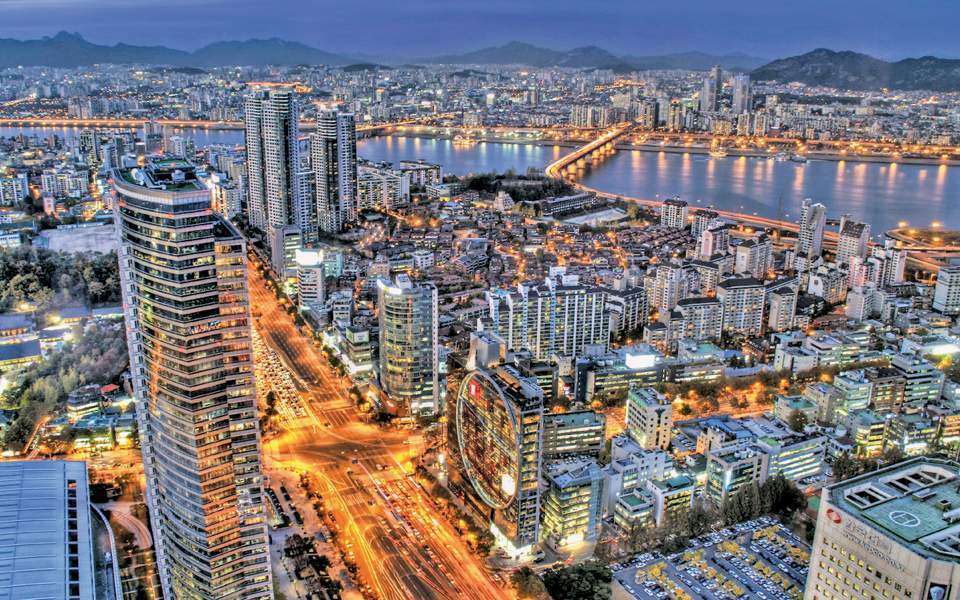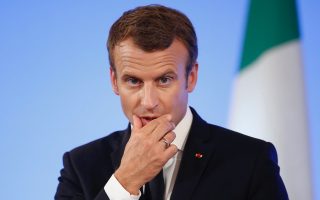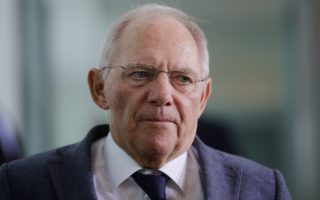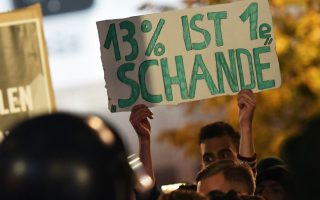The PyeongChang Olympics: Opening new horizons

In 1988, the Seoul Summer Olympic Games were held in the Republic of Korea, introducing the Land of the Morning Calm to the world. It was a historic moment for Korea. Ravaged by the Korean War (1950-1953), the country had long been dependent on foreign aid. However, within 30 years, Korea achieved a level of economic growth commonly described as the Miracle on the Han River. The Seoul Olympic Games were a valuable opportunity to present to the international community this miracle, the successful development of Korea’s economy and democracy. In addition, the Seoul Olympic Games provided the Korean people with powerful lessons not only about Olympic values but indeed the very hope for a better future.
Thirty years after the Seoul Olympic Games, in February 2018, the 23rd Winter Olympic Games and Paralympic Games will be held in PyeongChang, Korea. The PyeongChang Olympic Games will build on what was generated 30 years ago: it will cultivate the true values of the Olympic movement and provide an opportunity to show the world the path Korea has traveled in the last three decades.
Greece is the homeland of the Olympic movement, which is one of the most valuable legacies of humanity. As the ambassador of the Republic Korea, I have had several opportunities to visit Olympia, where the Olympics came into being. Whenever I visit the region, I am moved to witness the lofty ideals of harmony and peace that have been handed down from generation to generation. Transcending borders and politics, the Olympic Games have united people from different cultures, religions, and ethnicities.
Marking another chapter in the history of the Olympic Games, the PyeongChang 2018 Games will be an excellent opportunity to further promote those Olympic values in Asia. Korea will host the first of the next series of Games to be held in Asia, followed by the Tokyo Summer Olympics 2020 and the Beijing Winter Olympics 2022. In particular, Asia is a blank canvas in terms of winter sports and has immeasurable potential to open new horizons in the field. PyeongChang is dedicated to promoting winter sports and attracting investment throughout Asia.
The people and government of Korea have been striving to ensure the success of the events. As part of such endeavours, PyeongChang has hosted “The Dream Program” every year since 2004. This offers young people from countries without a natural winter sports environment the opportunity to experience such activities. To date, over 1,500 young people from 75 countries have participated in the programme, and incredibly, 166 of those youths have gone on to compete in international winter sporting events.
In addition, 25 test events have been successfully completed with more than 5,064 athletes and officials from 45 countries taking part. The level of interest from volunteers has also been tremendous, with 91,000 applicants for 22,400 positions. Athletes and coaches have praised PyeongChang for the operations and field of play. Hosting these events have given PyeongChang hands-on operational experience on field of play and all service factors including transportation, volunteer operations, ticket sales, and cooperation with authorities.
Great strides have also been taken in terms of new infrastructure for visitors to Korea. Of the 12 competition venues (seven snow venues and five ice venues), six are newly built. Non-competition venues such as the Olympic Plaza, Olympic/Media Villages, and the International Broadcasting Center are also under construction. In addition, with the construction of a new high-speed railway, the travel time between Seoul, the capital, and PyeongChang has been reduced from three hours to a mere hour. From Incheon International Airport to PyeongChang, it takes just 98 minutes. Furthermore, the PyeongChang Games will introduce 5G internet availability, cutting-edge holograms, personalized IoT (Internet of Things) services and other exciting innovations that have never been seen at the Olympics before.
From October 24-31, the Korean delegation of the PyeongChang 2018 Games will visit Greece to take part in the lighting ceremony of the Olympic flame in Olympia. They will also tour Greece for a week, and it is expected that many Korean journalists will report on various sites and aspects of Greek culture to the Korean people. I firmly believe that this will be a wonderful opportunity to further deepen the bonds between our two countries as we gain an even more vivid and tangible awareness and understanding of each other.
Korea, a global sporting nation which has hosted major sporting events – such as the 1988 Seoul Summer Olympic Games, 2002 FIFA World Cup, and 2011 Daegu IAFF (International Association of Athletics Federations) World Championships in Athletics – will indeed spare no effort to ensure the resounding success of the PyeongChang Olympic Games. The interest and support of the Greek people for the PyeongChang Games will be crucial to this effort.
* Ahn Young-jip is the ambassador to Athens of the Republic of Korea.



